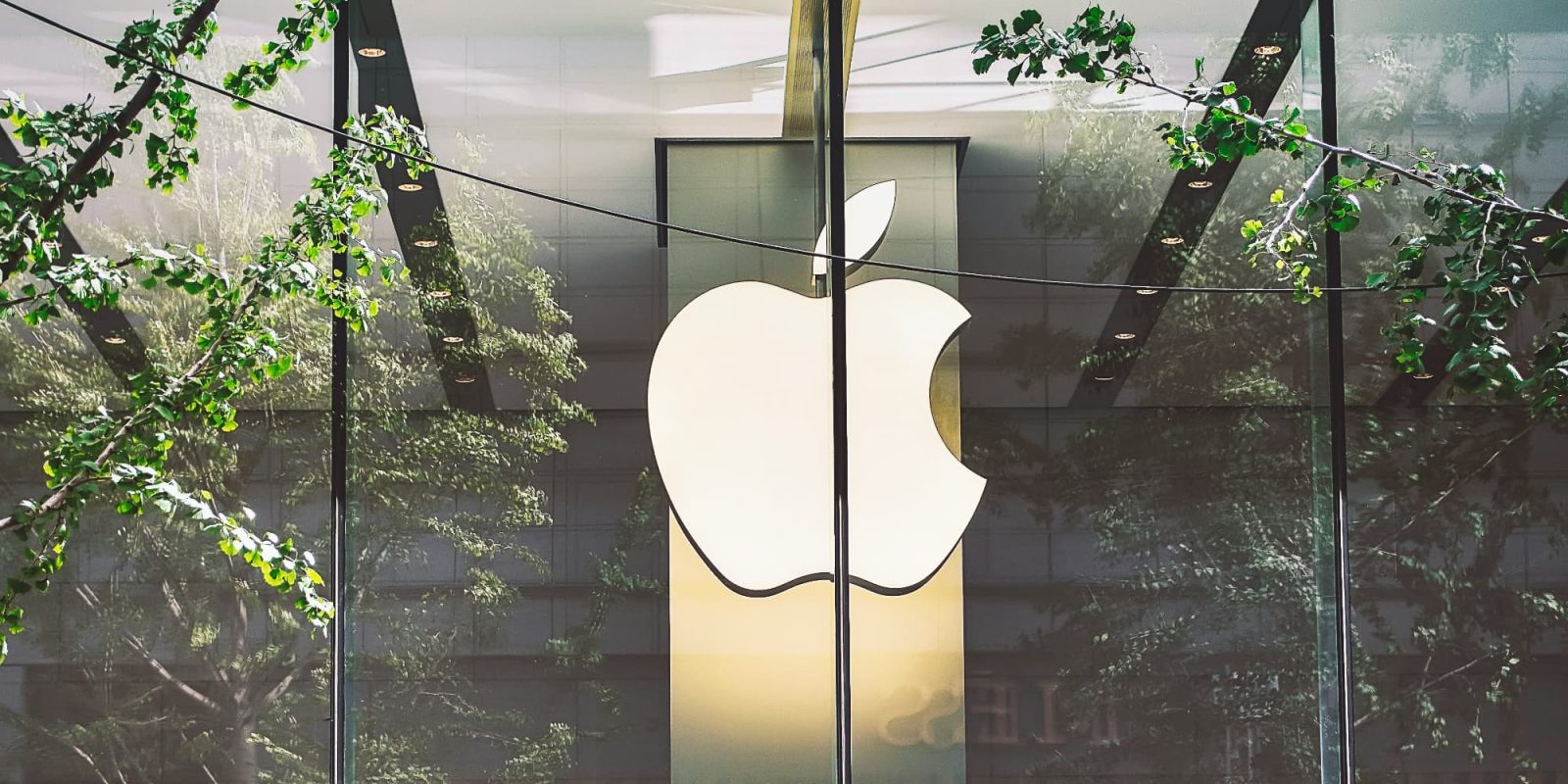
AI seems to be changing everything. In some cases, that includes the climate ambitions tech companies had before AI arrived. Recent comments from Google’s CEO is evidence of that. Apple, meanwhile, is holding firm to its 2030 goals and has reiterated them in a new interview.
A tale of two companies
Google was recently in the headlines for its climate goals. Unfortunately, not for a good reason. While the company hasn’t officially moved its climate goalposts yet, CEO Sundar Pichai sounds as though he’s mulling such a change.
The reason? AI.
Anissa Gardizy writes for The Information:
Google CEO Sundar Pichai said the artificial intelligence boom is “challenging” to the company’s carbon emissions goal. Speaking at a Carnegie Mellon University event last week, Pichai said Google made a commitment to operate with carbon-free energy by 2030, but that goal was set before the “current AI moment.” He said the short-term race to develop new AI models, including “inefficiently pre-training these models,” makes meeting the energy goal “challenging.” In the long term, Pichai said he is optimistic that the energy demands of AI will help spur more investments in renewable energy projects. “We’re offsetting where we can, but I view this as an uncomfortable interim phase,” he said.
Meanwhile, earlier this week TIME published a new video outlining “How Public and Private Sector Leaders Are Tackling Climate Equity.”
Lisa Jackson, Apple’s VP of Environment, Policy and Social Initiatives, is featured in the video as one of a small number of panelists being interviewed.
Here’s an excerpt from Jackson’s remarks:
Apple has this promise to be carbon neutral for everything we do by 2030. About 75 percent of that will come by eliminating emissions. The other 25 percent will come from carbon removal projects, offset projects, and projects geared toward biodiversity and justice. And why is that important? Because when we engage in a project that is not on the industrial side of things, what might be an afforestation project or a mangrove project or a grasslands project as I’ve visited in Kenya, the most important part to me is the community. That you’re not doing something to the community but that you’re supporting what the community is trying to do. And for the corporate sector, what we need to be able to do is take the resources that we want to spend on this climate journey and ensure that we’re showing up in communities in a way that supports their efforts.
The difference in the two quotes is striking.
- Jackson boldly affirms Apple’s commitment to total carbon neutrality by 2030 and talks about how that work is being done.
- Pichai comes off as apologetic as he doubts Google’s ability to hit its own 2030 goals.
Apple praised for pushing forward with its goals
Near the end of the TIME video, Michael Regan, EPA Administrator, praises Apple as a model for other companies to follow. He says:
Apple is an awesome platform…When you think about the work that Lisa’s doing to transform the supply chain, that is pushing down sustainability and efficiency in a way that, as a regulator I know it can be done, so when we try to use technology standards to go after other companies we have a baseline.
AI is certainly a transformative technology. Pichai has reiterated his belief that ultimately, it will contribute toward building a more sustainable future. But it’s interesting to see companies use that almost as an excuse for short-term regression.
FTC: We use income earning auto affiliate links. More.

 1 month ago
22
1 month ago
22








 English (US) ·
English (US) ·